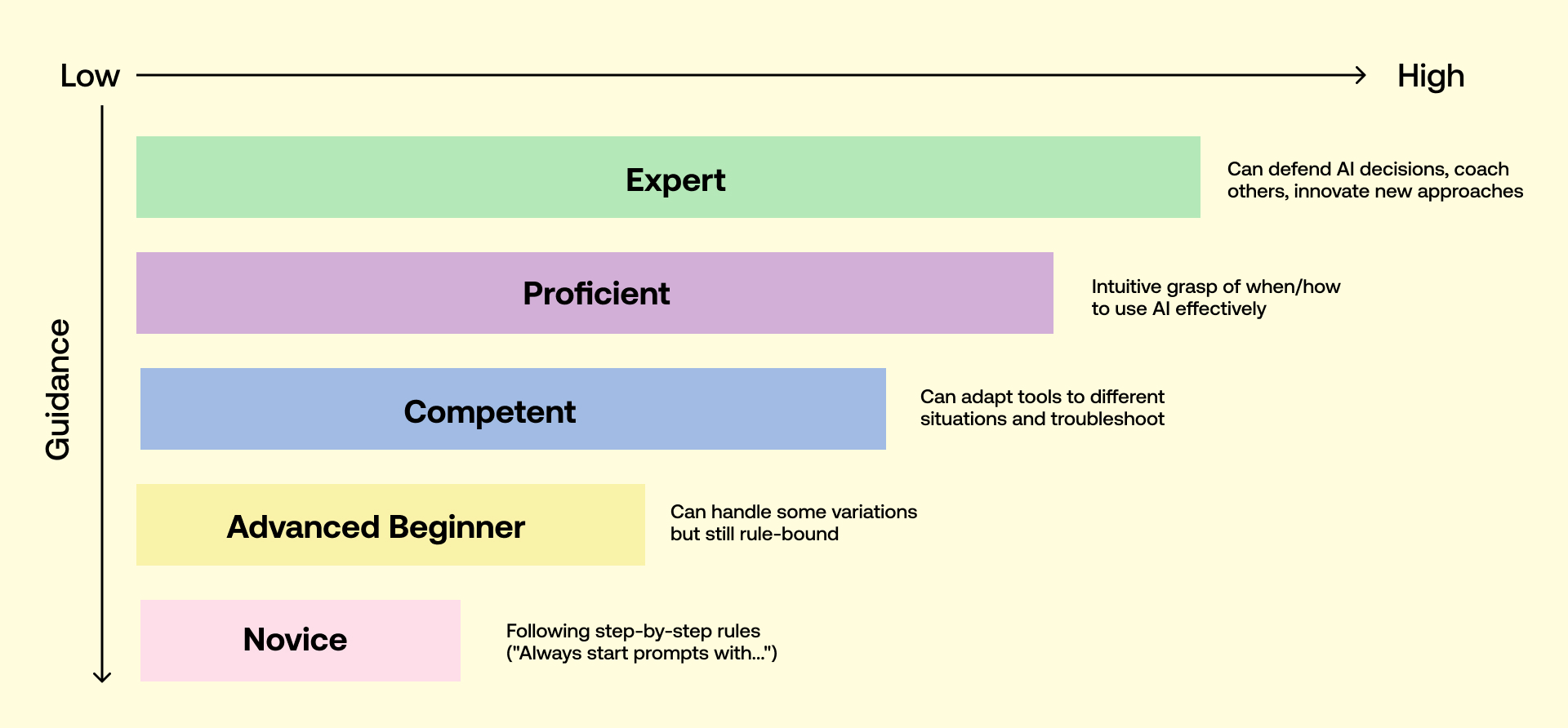Christopher Nolan isn’t an artist. He’s a jack of all trades. And proud of it.
His generalist approach helped him piece together his first feature film ‘Following’ for just $6000. And it still shows up today in movies like 'Tenet' and 'Oppenheimer'. As well as his reputation as an incredible storyteller, he's also renowned for being able to work with constraints - always coming in on time and on budget.
Knowing a little about a lot and getting the most from what you have can actually stoke creativity, not hinder it.
Here are 26 principles that drive Christopher Nolan’s work*.
They’re not just a wonderful guide for filmmaking, but for all kinds of things worth doing: teaching, writing, marketing, entrepreneurship, and beyond.
Speaking of constraints: if you could only pick 3 of these, what would they be?
26 lessons from Christopher Nolan
1. Mute the world and then build your own
2. Be a craftsman not an artist
3. The only sensible way to live in the world is without rules
4. Some ideas will take half a lifetime
5. Obsess over one project at a time
6. Dream with your eyes open
7. Combine punctuality, discipline, and secrecy
8. The first thing to do with an idea is flip it
9. Nothing works if you can’t trust your instincts
10. Don’t encourage dependency
11. A product can be defined by what it lacks
12. Shoot in any weather
13. Look at yourself through your children’s eyes
14. Infinite space is good for the soul
15. There’s more to the world than meets the eye
16. Constraints breed resourcefulness
17. The highest form of creativity is found by improvising within a set of restrictions
18. Assume it will be a failure and then start working to prevent that
19. Big companies encourage waste and don’t give you the control you desire
20. Maintain control. You might have to buy it
21. Create your own curriculum
22. Give your mind space to think — in the dark
23. Imagination can be trained to fill in the gaps
24. If you are obsessed with it you can make other people obsessed with it too
25. The more stripped down a document the better it is
26. The best product is the one you *have* to make
* Everything's a remix. This list comes from David Senra’s Founders Podcast, which in turn came from Tom Shone’s book ‘The Nolan Variations’. Both excellent and worth checking out.




.svg)


